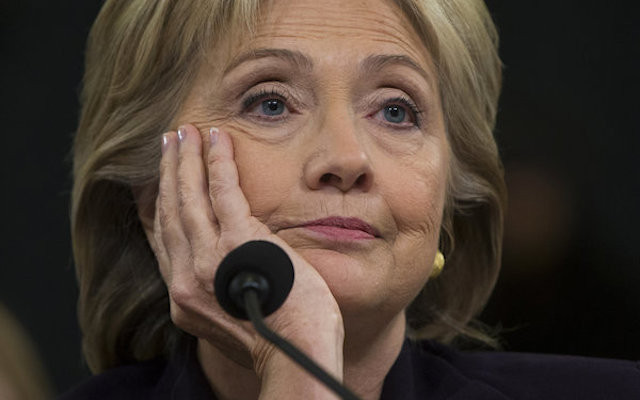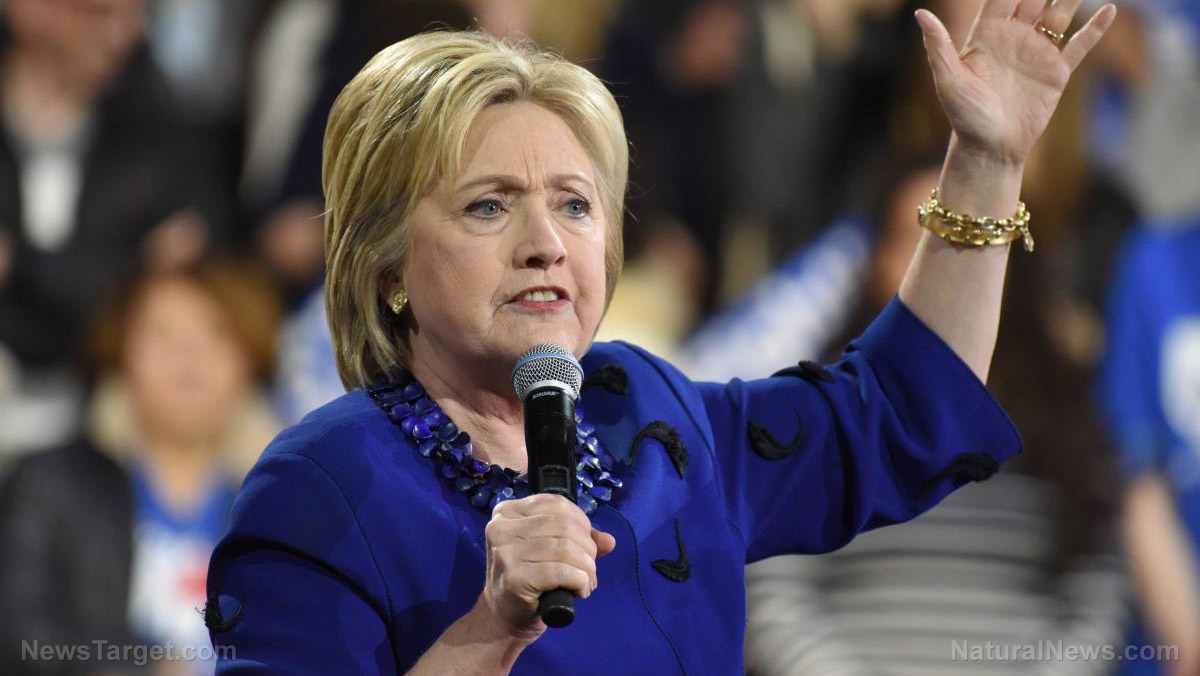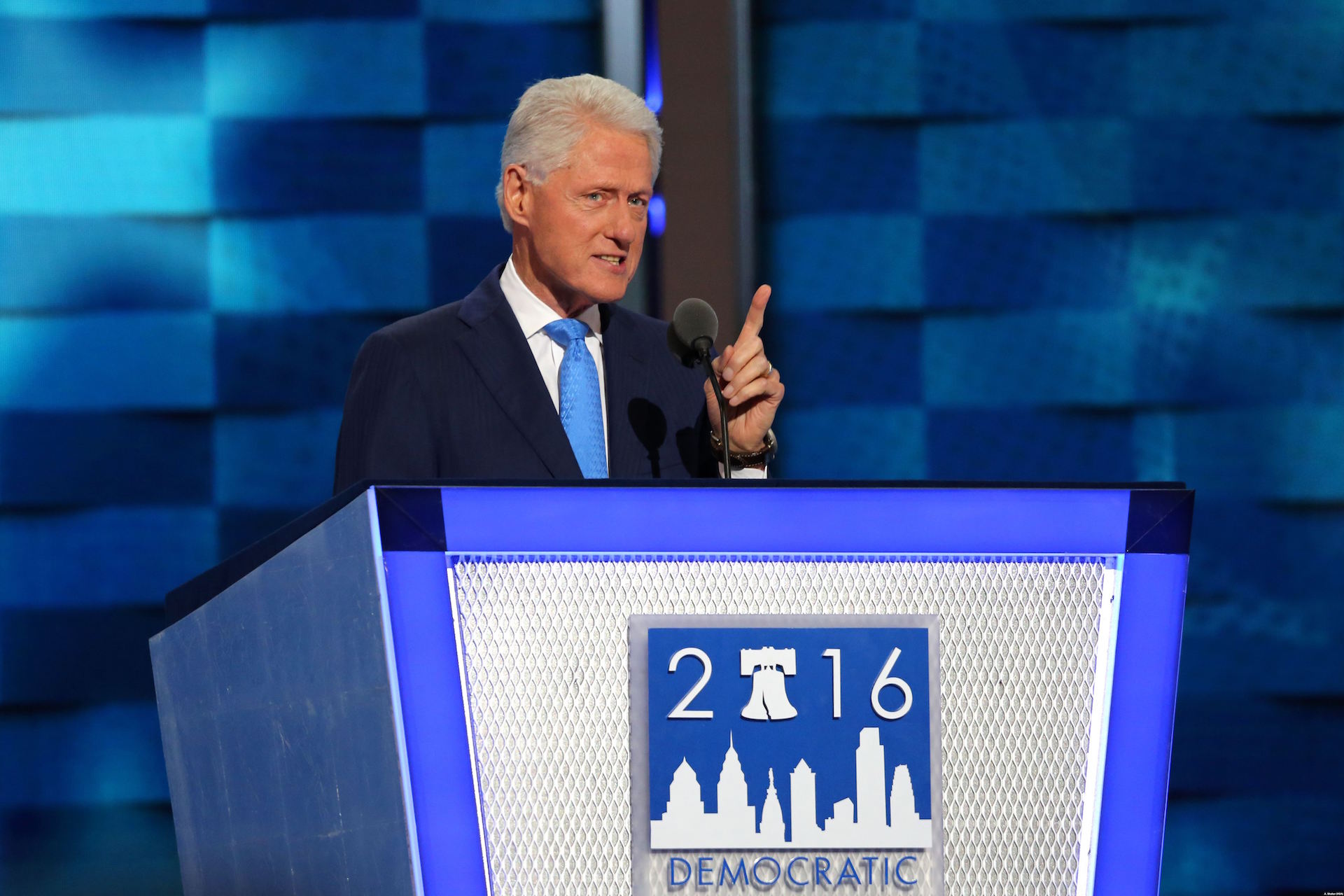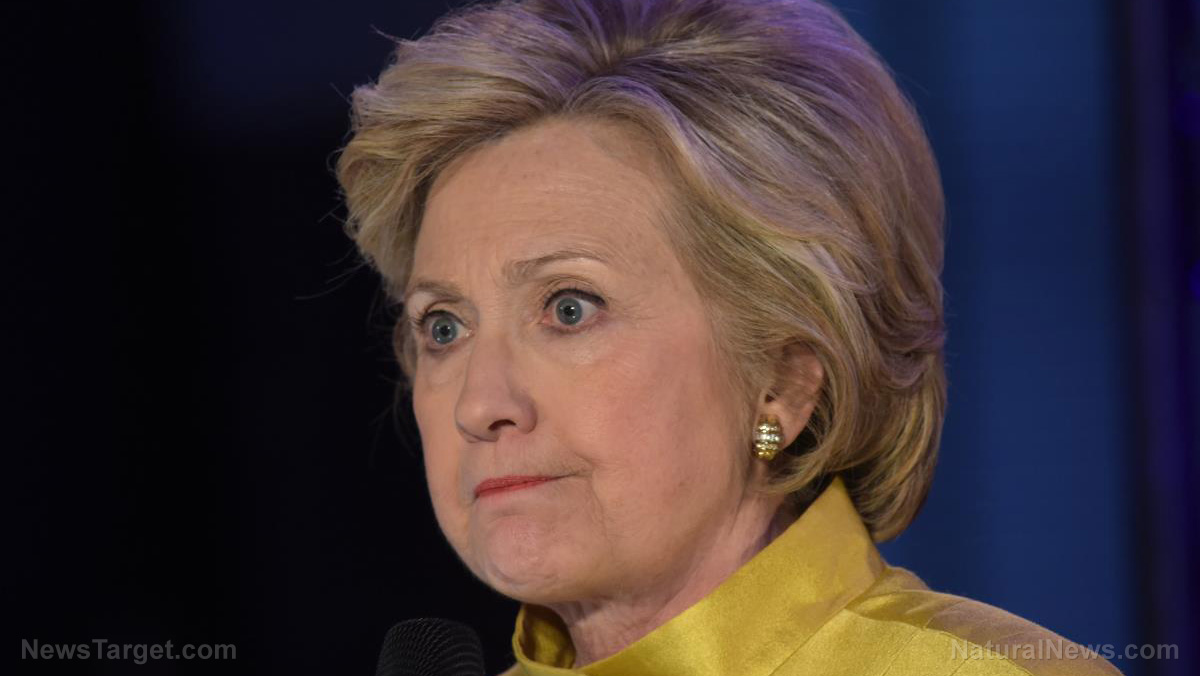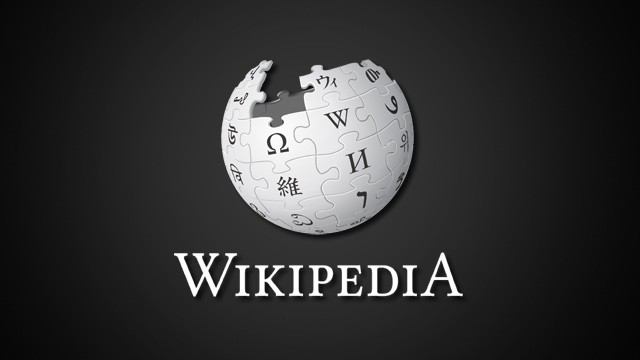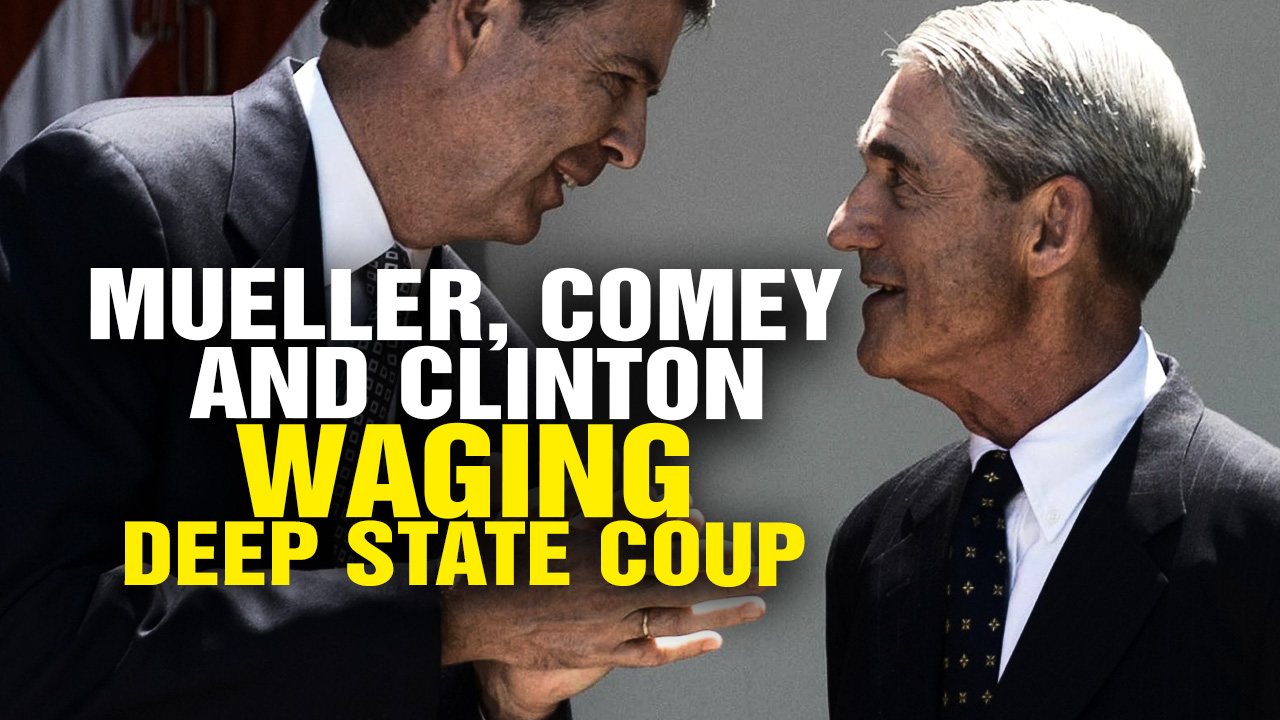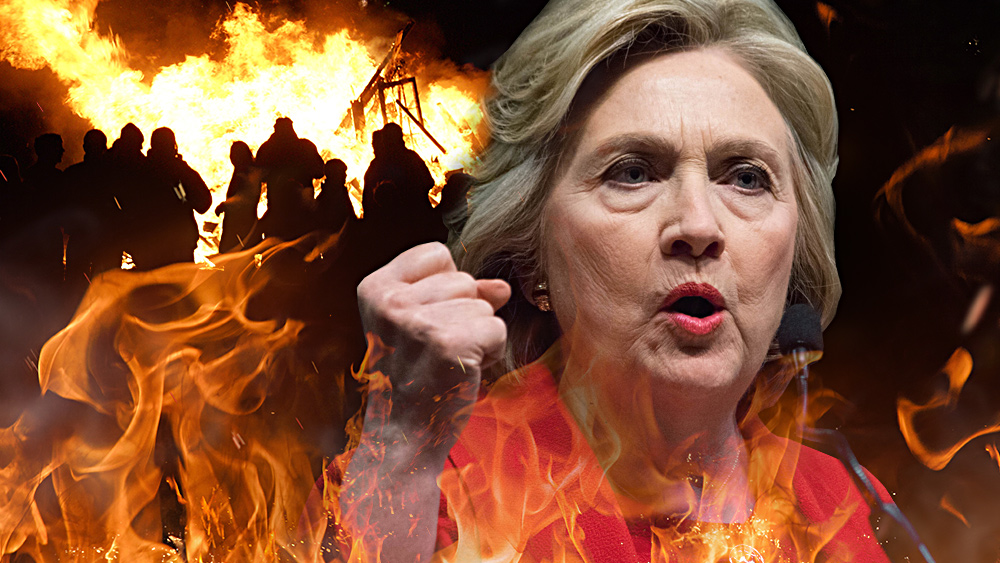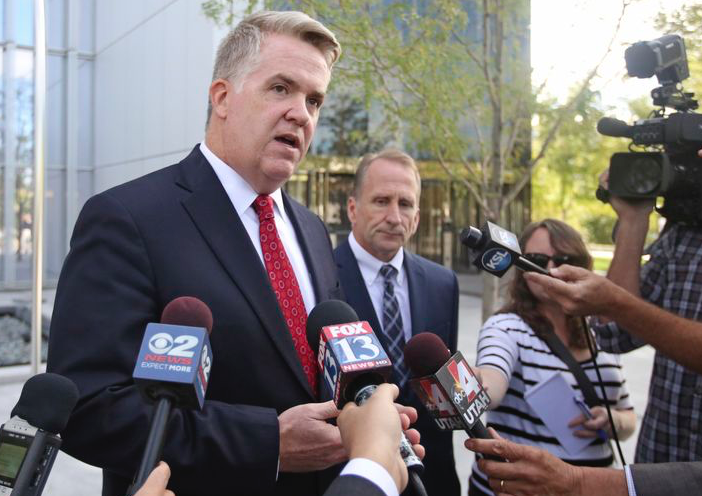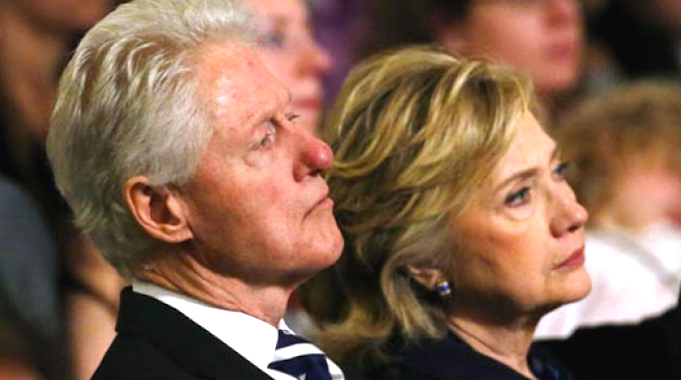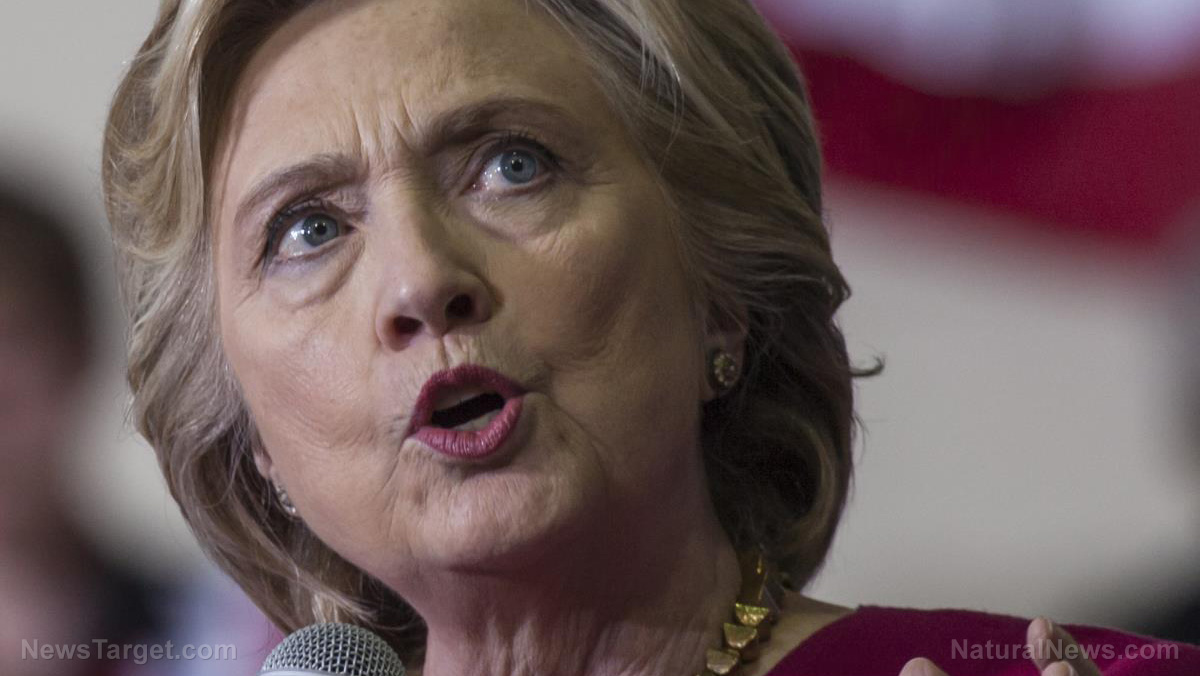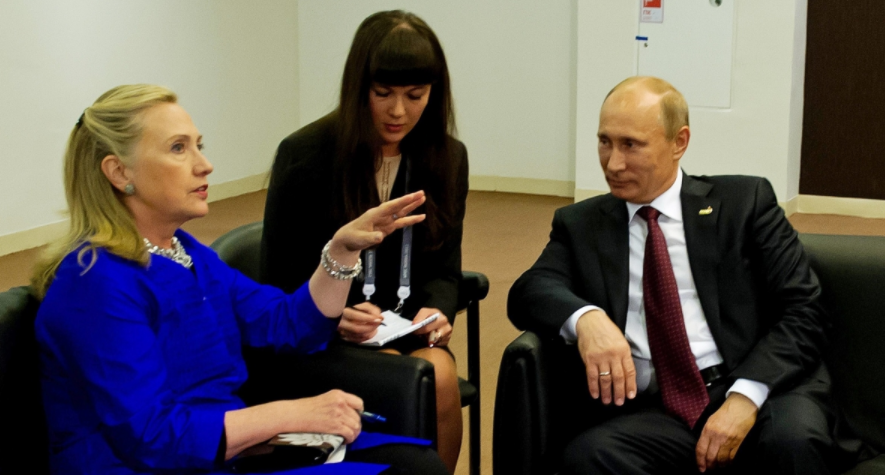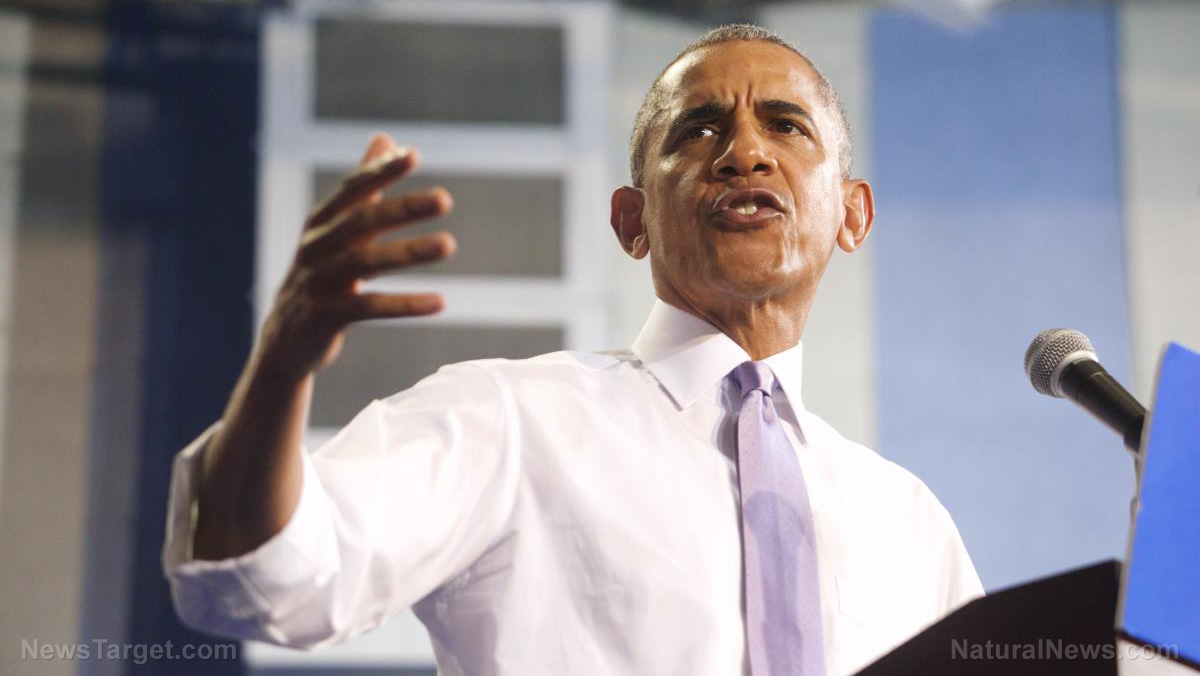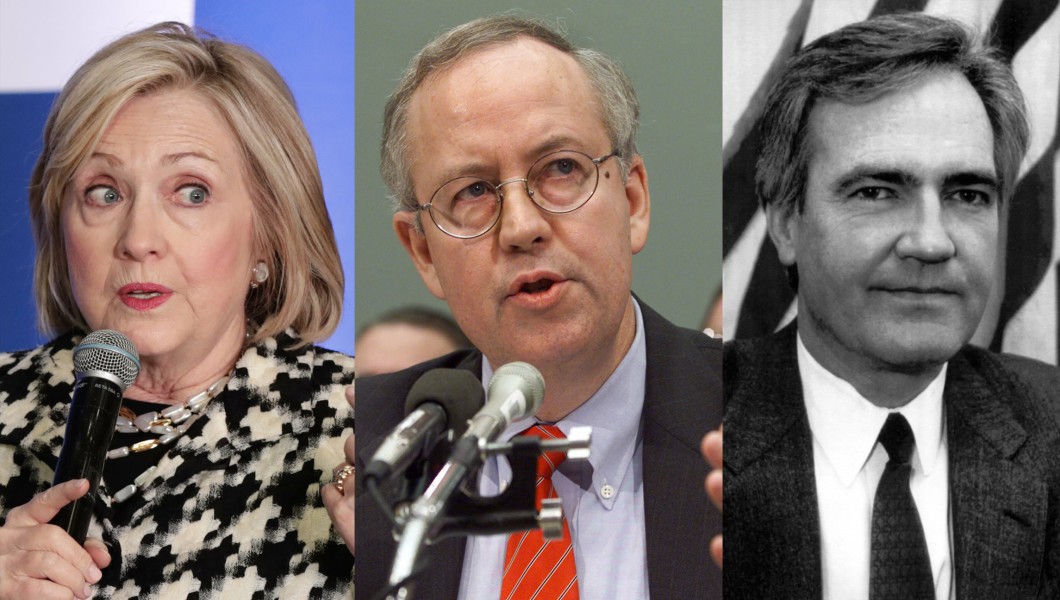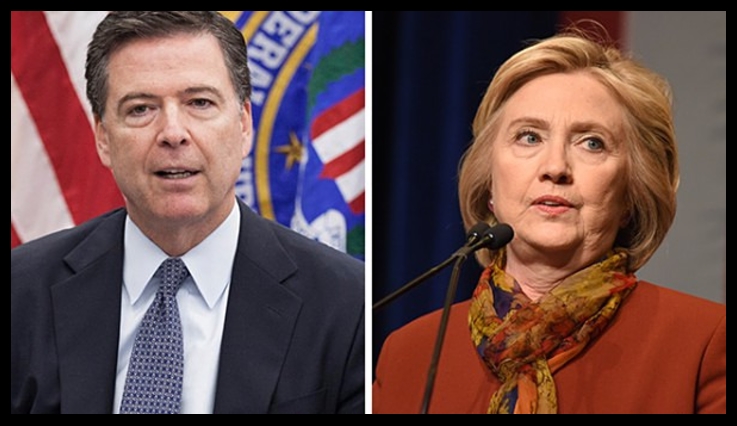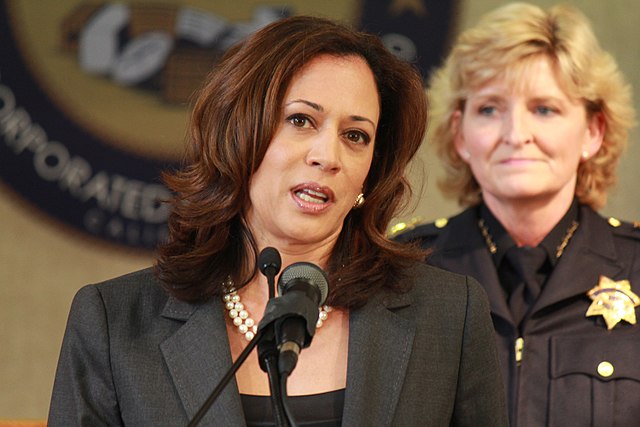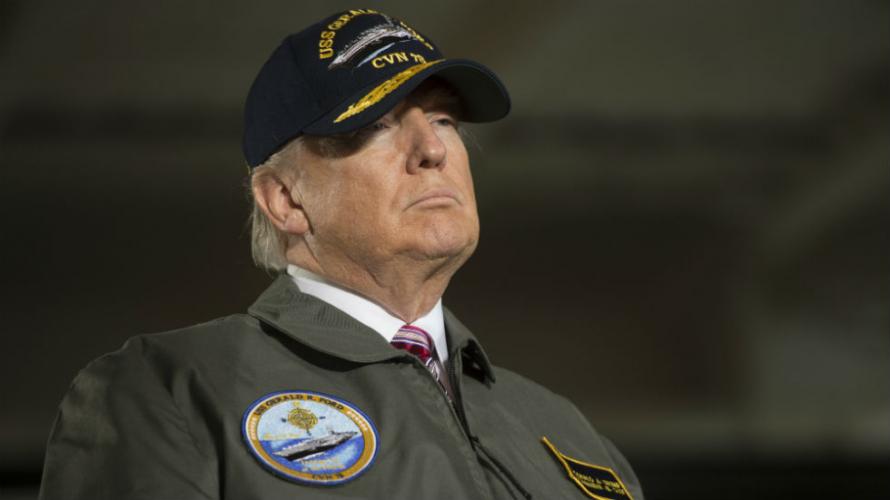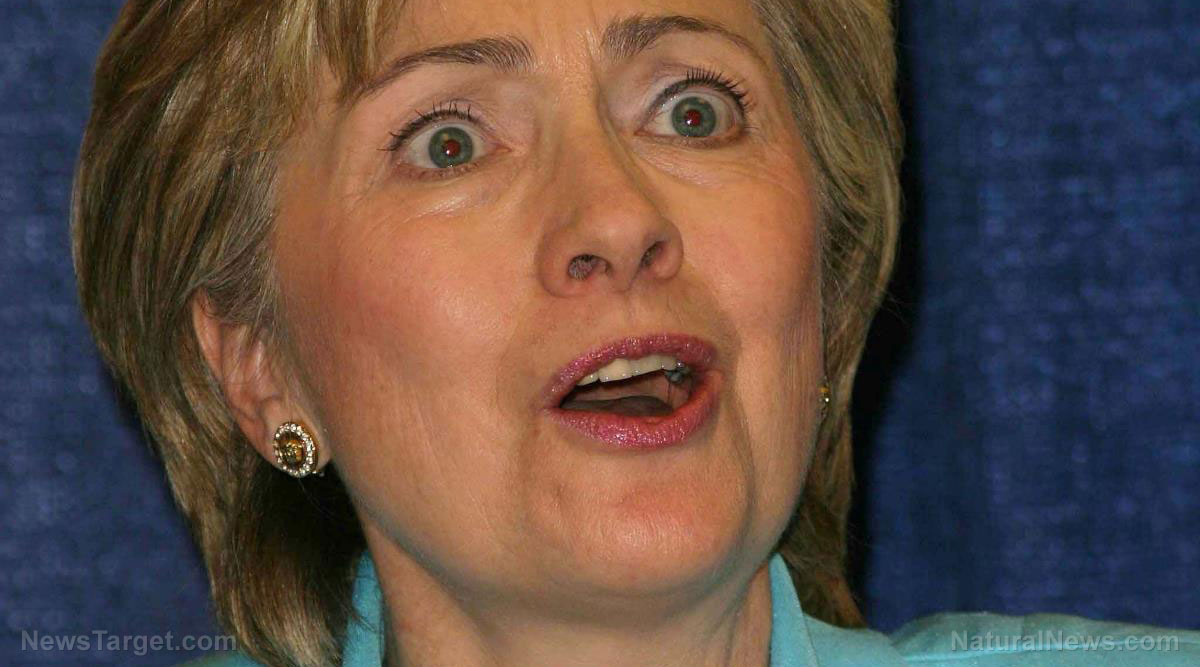From Whitewater to Benghazi: A Clinton-Scandal Primer
07/07/2016 / By clintonnews
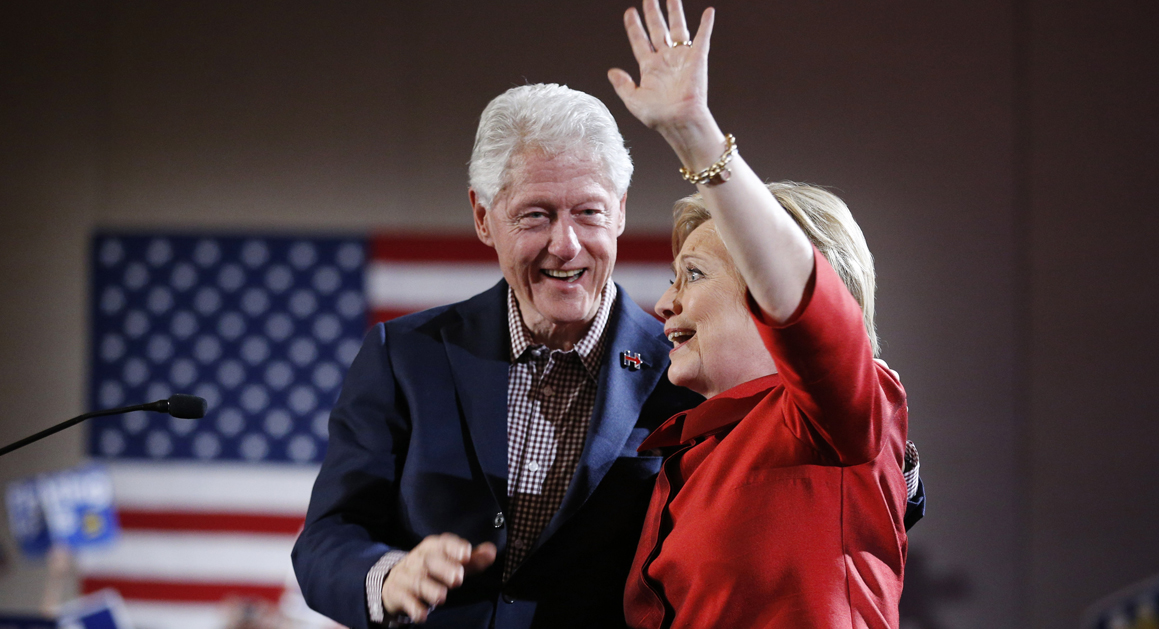
The release of the Benghazi report should have made this a great week for Hillary Clinton, but questions about her email—and a questionable social call by Bill Clinton—have cast clouds over it.
(Article by David A. Graham)
Hillary Clinton is out of the frying pan and into the fire. On July 6, FBI Director James Comey announced that he was recommending that Clinton not be charged with any crimes over her use of a private email server while secretary of state. Although that isn’t the final word, it all but guarantees that Clinton won’t be indicted. Last week, Attorney General Loretta Lynch said she expected to accept the recommendation she received, and it’s hard to fathom her reversing Comey and charging Clinton.
But Comey’s announcement wasn’t the absolution Clinton might have liked. Hehad harsh words for her conduct. “Although we did not find clear evidence that Secretary Clinton or her colleagues intended to violate laws governing the handling of classified information, there is evidence that they were extremely careless in their handling of very sensitive, highly classified information,” Comey said. Contrary to her claim that she never sent or received information that was classified at the time, the FBI found 110 emails to have contained classified information when sent or received. While Comey said there was no direct evidence that Clinton’s emails had been hacked, he said, “Any reasonable person in Secretary Clinton’s position … should have known that an unclassified system was no place for that conversation.”
These statements are damning commentaries on Clinton’s judgment, and they contradict her assertions about the account. While Comey said there was not evidence to support a prosecution, Republicans have reacted with outrage to the announcement. Comey and Lynch have both been called to appear before House committees. Speaker Paul Ryan has asked that Clinton be denied classified briefings. In the season of Trump, it’s provided the rarest of things: a moment for Republicans to rally around a shared cause. And for Clinton, a candidate who already struggles with high unfavorability and low marks for trustworthiness, the results compound her troubles. Some have portrayed this as an example of the old axiom that it’s not the crime but the cover-up, and it’s true that Clinton’s insistence that she didn’t send classified info will not serve her well, but the damage was done with the server—even if there was no crime committed.
Still, as bad as Comey’s remarks were for Clinton, let’s not overstate the matter. The worst outcome for Clinton, however remote most experts believed it to be, would have been a recommendation that Clinton be charged. Even if Lynch had rejected the suggestion, it could have been fatal to Clinton’s campaign. That’s the second good break for Clinton in two weeks. On June 28, the House committee investigating the deaths of four Americans in Benghazi, Libya, on September 11, 2012, released its report, which was critical of American preparedness but found no evidence of negligence by Clinton herself on the night of the attacks.
Taken together, the results of these two investigations remove two of the most acute dangers dangling over Clinton’s head. The Benghazi investigation, and the email scandal that grew out of it, were the two live scandals that seemed most likely to imperil her campaign. What remains for her to grapple with now is the chronic pain that comes from an accretion of decades of scandals that have led many Americans to distrust both Clinton and her husband Bill. Even though many of the controversies have involved far more smoke than fire—and sometimes no fire at all—the damage is real.
Although the House investigation turned up no evidence of wrongdoing on her part with respect to the attacks themselves, it was during that inquiry that her private-email use became public. This is a pattern with the Clinton family, which has been in the public spotlight since Bill Clinton’s first run for office, in 1974: Something that appears potentially scandalous on its face turns out to be innocuous, but an investigation into it reveals different questionable behavior. The canonical case is Whitewater, a failed real-estate investment Bill and Hillary Clinton made in 1978. Although no inquiry ever produced evidence of wrongdoing, investigations ultimately led to President Clinton’s impeachment for perjury and obstruction of justice.
With Hillary Clinton leading the field for the Democratic nomination for president, every Clinton scandal—from Whitewater to the State Department emails—will be under the microscope. (No other American politicians—even ones as corrupt as Richard Nixon, or as hated by partisans as George W. Bush—have fostered the creation of a permanent multimillion-dollar cottage industry devoted to attacking them.) Keeping track of each controversy, where it came from, and how serious it is, is no small task, so here’s a primer. We’ll update it as new information emerges.
The Clintons’ Private Email Server

What? During the course of the Benghazi investigation, New York Times reporter Michael Schmidt learned Clinton had used a personal email account while secretary of state. It turned out she had also been using a private server, located at a house in New York. The result was that Clinton and her staff decided which emails to turn over to the State Department as public records and which to withhold; they say they then destroyed the ones they had designated as personal.
When? 2009-2013, during Clinton’s term as secretary.
Who? Hillary Clinton; Bill Clinton; top aides including Huma Abedin
How serious is it? Serious, but slightly less serious. A May report from the State Department inspector general is harshly critical of Clinton’s email approach, but FBI Director James Comey’s July 5 recommendation that Clinton not be charged with any crimes is a relief to Clinton, likely removing the threat of an indictment that could be fatal to her campaign. But the scandal will remain a millstone around her neck forever. Comey’s damning comments about her conduct—“Although we did not find clear evidence that Secretary Clinton or her colleagues intended to violate laws governing the handling of classified information, there is evidence that they were extremely careless in their handling of very sensitive, highly classified information”—will reverberate throughout the campaign. Also unresolved is the question of whether Clinton’s server was hacked. Comey said the FBI did not find any proof, but he also said that “we would be unlikely to see such direct evidence.” Meanwhile, a recently released deposition shows Abedin expressing her frustration with the unwieldy setup, which she called “not a good system.”
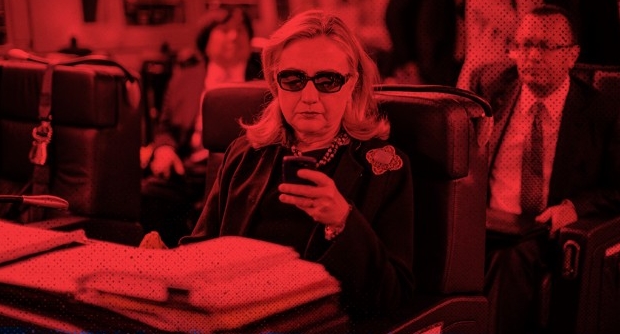
What? Setting aside the question of the Clintons’ private email server, what’s actually in the emails that Clinton did turn over to State? While some of the emails related to Benghazi have been released, there are plenty of others covered by public-records laws that are still in the process of being vetted for release.
Tagged Under: Bhengazi, Clinton, Hillary for Prison 2016, Whitewater
RECENT NEWS & ARTICLES
COPYRIGHT © 2017 CLINTON NEWS

